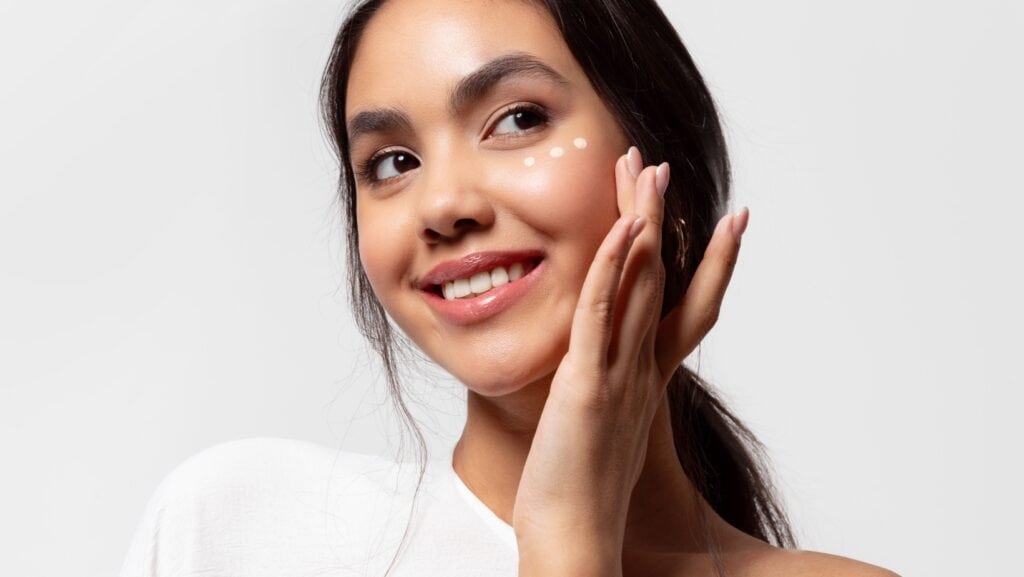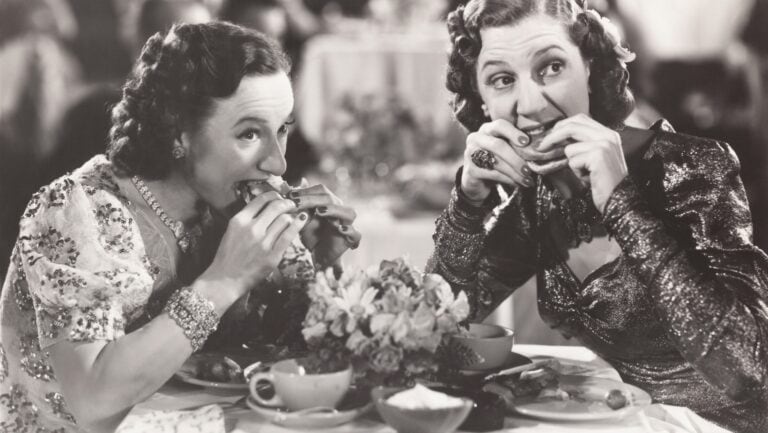The top 10 makeup myths experts want you to stop believing
A friend swears by pumping her mascara, your aunt insists expensive foundation is best—these myths have been passed down like beauty folklore. But are they true?
Makeup can be magical. It boosts confidence, sparks creativity, and lets us play with our identity. But along with the artistry comes a swirl of myths, some passed down from generations, others fueled by marketing. The trouble is, many of these myths can hurt your skin, your wallet, or your confidence. Let’s set the record straight with insights from dermatologists, cosmetic chemists, and professional makeup artists.
Myth 1: Expensive makeup is always better
Luxury brands may dazzle with sleek packaging, but the truth is many drugstore products use the same ingredients and manufacturing processes. What you’re often paying for is the name, not necessarily the formula. Experts suggest focusing on ingredient lists and performance reviews instead of price tags.
Myth 2: Sleeping in makeup once won’t hurt
Even one night of clogged pores can trigger breakouts, irritation, or worsen fine lines over time. Dermatologists stress that cleansing at night is non-negotiable. Think of it as brushing your teeth; you wouldn’t skip that, even once.

Myth 3: Foundation clogs pores
This old belief lingers, but most modern foundations are non-comedogenic, meaning they’re designed not to clog pores. What actually causes breakouts is poor cleansing, not the product itself. Removing makeup thoroughly each night is what makes the difference.
Myth 4: Pumping your mascara wand helps get more product
We’ve all seen people pumping their mascara tube to get more on the brush. Unfortunately, this pushes air into the tube, drying out the formula faster and creating a breeding ground for bacteria. The right technique is to twist the wand gently inside the tube.
Myth 5: Makeup causes premature aging
Makeup itself doesn’t age your skin, but sun damage does. The real culprit is skipping sunscreen. Even if your foundation has SPF, dermatologists say it’s rarely enough. Always apply a separate broad-spectrum sunscreen before your base.
Myth 6: Natural or clean beauty products are always safer
The word “natural” isn’t regulated, and plenty of natural ingredients can cause irritation or allergies. Conversely, many lab-made ingredients are tested rigorously for safety. Experts recommend patch-testing new products and choosing what works for your skin, not what sounds trendy.
Myth 7: Makeup has to be replaced every year
Shelf life varies. Liquid and cream products like mascara and foundation typically last six months to a year due to bacteria risk, while powders often last longer—up to two years. Always check for changes in smell, texture, or performance rather than relying on arbitrary dates.
Myth 8: You don’t need makeup brushes—fingers work just as well
While fingers can blend cream products beautifully, brushes and sponges can give more precision and a polished finish. The key is keeping tools clean, since dirty brushes transfer bacteria. Use what gives you the results you love, but wash them regularly.

Myth 9: Makeup ruins your skin
The real issue isn’t makeup itself: it’s habits. Not cleansing properly, using expired products, or skipping moisturizer can lead to problems. With the right routine, makeup can be part of a healthy skincare and self-expression regimen.
Myth 10: Makeup is superficial
This one may be the biggest myth of all. Makeup is art, culture, and empowerment. From Cleopatra’s kohl eyeliner to today’s viral TikTok trends, makeup tells a story. Far from superficial, it can be an extension of who you are.
The Takeaway
Makeup myths tend to stick because they sound convincing, but they often don’t hold up under scrutiny. The real secret to a beautiful routine isn’t the price tag or the label. It’s understanding what works for your skin, practicing healthy habits, and enjoying the creative freedom makeup offers. After all, beauty is as much about confidence as it is about color.







